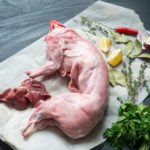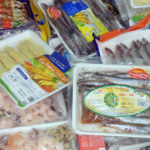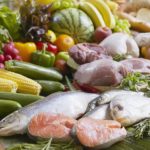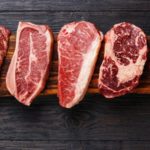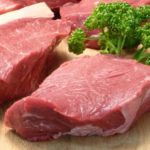Liver cancer ranks as the second most common cancer and the leading one among male in Vietnam, according to Globocan data 2022. Dr. Vu Truong Khanh, Head of Gastroenterology Department at Tam Anh General Hospital Hanoi, assessed that there are multiple causes of liver cancer, including liver cirrhosis, chronic viral hepatitis, obesity, diabetes, metabolic-related diseases, alcohol abuse, and cigarette smoking. An unbalanced diet consuming excessive red meat and processed foods over a long time also elevates the risk.
Red meat such as beef, pork, lamb, and goat, are sources of protein and micronutrients like iron, but overconsumption can be detrimental to health. According to Dr. Khanh, cooking meat at high temperatures with added oil and preservatives can strain the liver, leading to impaired liver metabolism and increasing the likelihood of fatty liver disease, hepatitis, cirrhosis, and liver cancer. Heme, a natural pigment in red meat, can weaken cells and trigger bacteria to produce toxic substances, raising cancer risks.
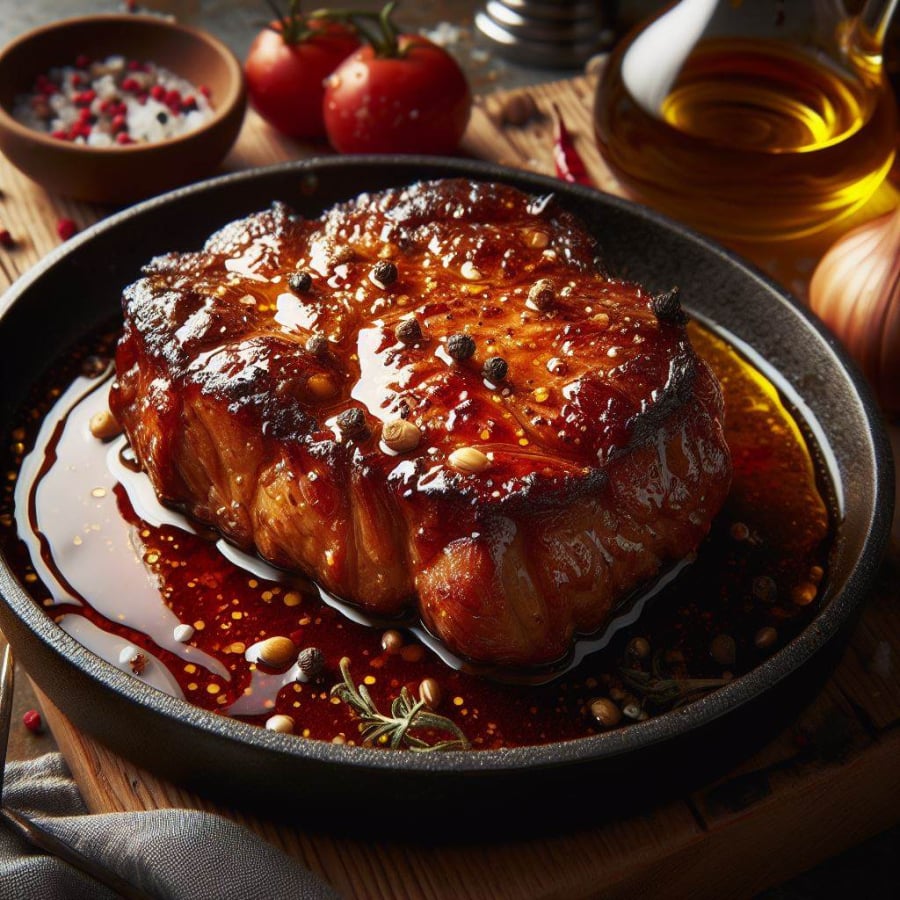
Excessive red meat consumption can harm health
Dr. Khanh recommends opting for white meat such as fish and poultry instead of red meat to reduce the risk of liver cancer. White meat is rich in unsaturated fatty acids and lower in cholesterol and saturated fats. They also have anti-inflammatory properties, which may help prevent malignant tumor growth.
Cooking meat by steaming or boiling instead of frying is healthier because when meat is cooked at high temperatures, chemicals like heterocyclic amines (HCAs) and polycyclic aromatic amines (PCAs) can damage bowel cells. Processed red meat also contains these harmful toxins. When red meat is cooked suddenly at high heat, the levels of nitrosamines, HCAs, and PAHs – cancer-causing agents – increase, especially in grilled or barbecued meat.
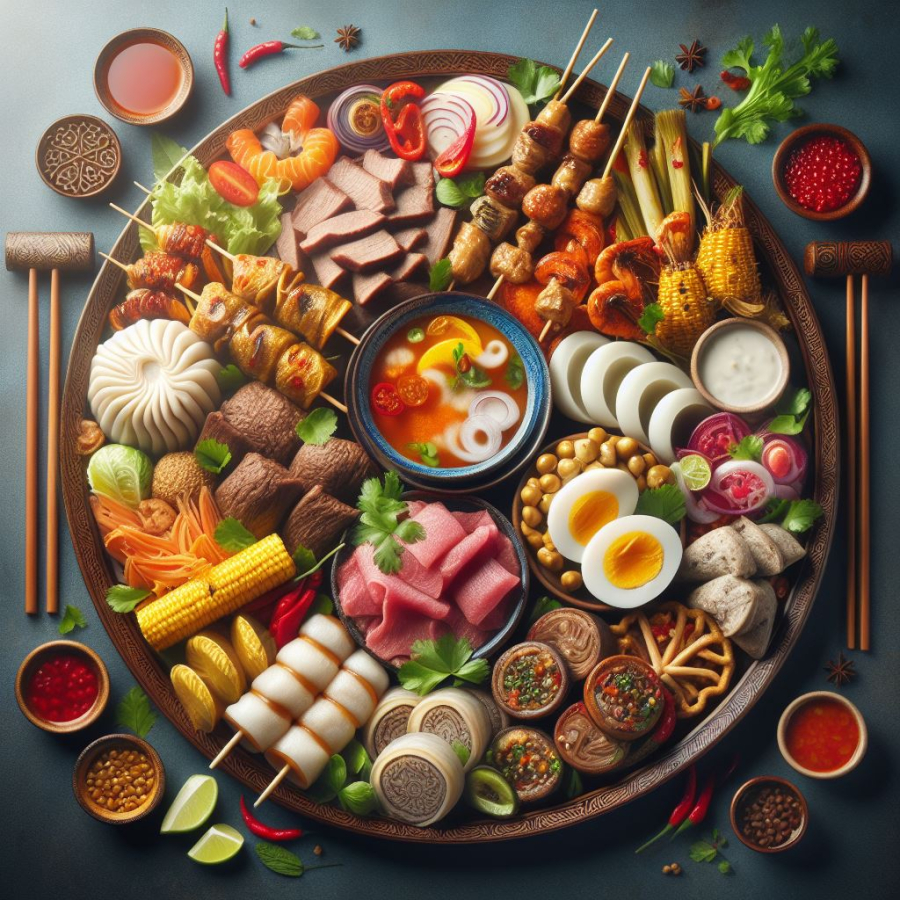
Cooking meat by steaming or boiling instead of frying is healthier
Processed meat should be avoided due to its high content of nitrates and nitrites, which can transform into cancer-causing chemicals (N-nitroso compounds or NOCs) over time during preservation.
To prevent liver cancer, adults should control their weekly meat intake, aiming for no more than 1.1 kg of meat from all sources, including seafood, poultry, and livestock, in which red meat should not exceed 350-500 g and no more than 7 eggs. Divide this food into meals throughout the day.
When preparing meat, reduce seasonings and sugar. Meals should combine red meat with antioxidant-rich vegetables like beets, carrots, broccoli, and add herbs such as lemongrass, ginger, onion, garlic, and olive oil into the cooking and marinating processes. This helps counteract carcinogenic precursors.
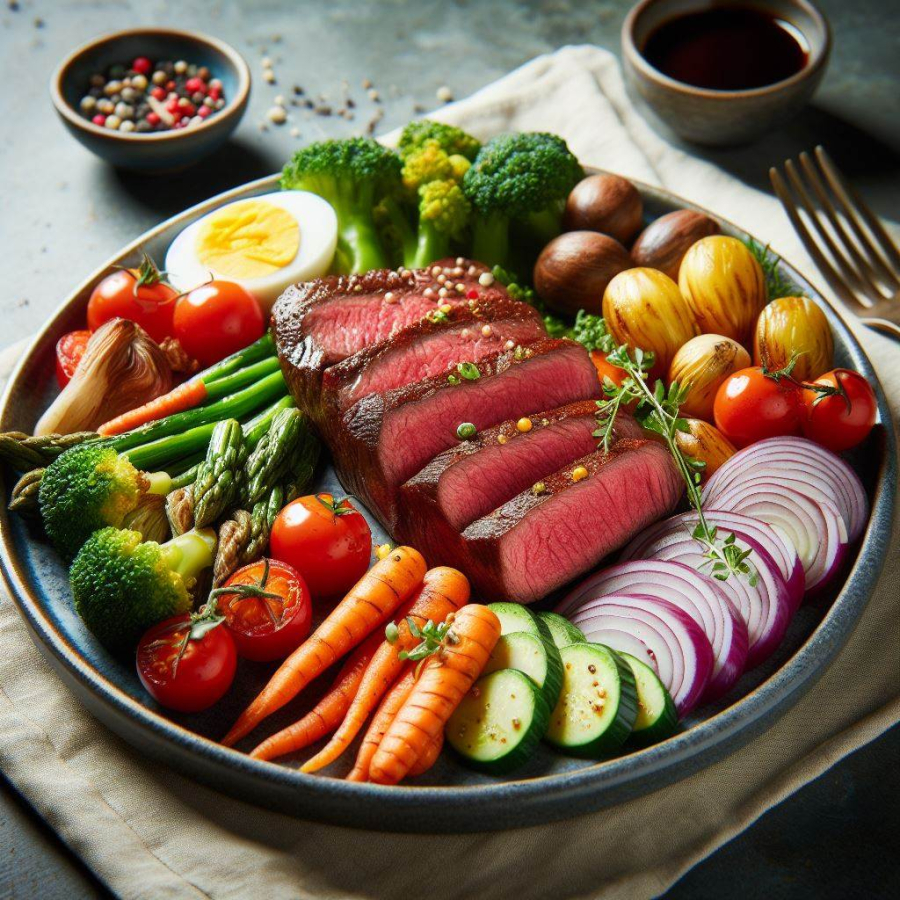
Meals should combine red meat with antioxidant-rich vegetables
A healthy lifestyle with a balanced diet, including regular eating hours, frequent exercise, regulated work, sufficient relaxation, and rest, along with limiting alcohol and avoiding tobacco, is essential to enhance overall health, reduce disease risks, and prevent cancer.
Creating a Sustainable Weight Loss Plan without Rigid Dieting
If dropping the pounds has become a challenge, small changes to your dietary habits can be a big help. Try incorporating more fiber-rich, nutrient-dense foods such as fruits, vegetables, and other foods that can boost your weight loss goals. Read on to learn more about easy approaches to successful weight loss through healthier eating.
























